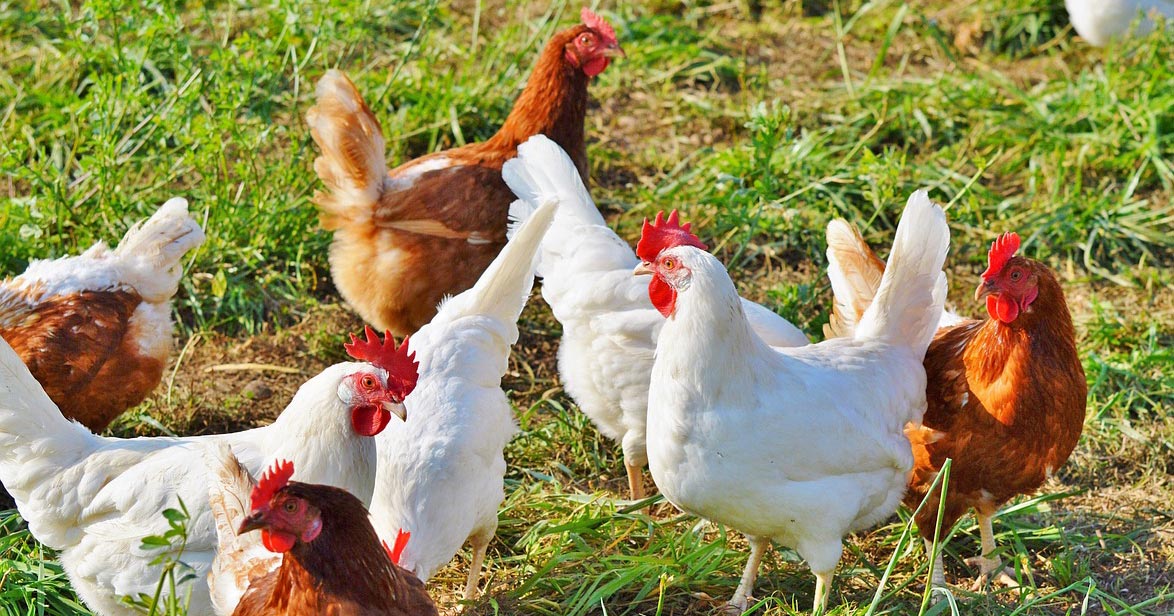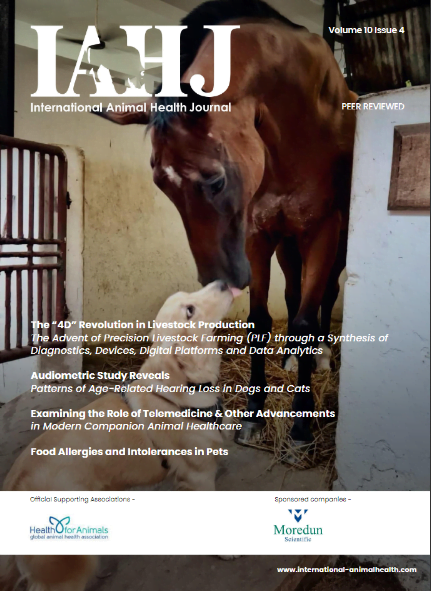Bird flu viruses could escape vaccine immunity while increasing potential to infect humans, according to research led by The Pirbright Institute.

Research led by The Pirbright Institute has shown mutant H9N2 bird flu viruses isolated from Pakistan are able to escape immune responses and adapt to infect humans.
This could result in reduced vaccine efficiency and the possibility of human outbreaks.
Published in Emerging Infectious Diseases, Pirbright scientists carrying out surveillance research discovered small changes to a surface protein, called haemagglutinin, of the H9N2 influenza A virus enabled the mutated virus to enter human cells.
Host cell receptors
Influenza viruses that infect humans and chickens typically use different host cell receptors in the early attachment stage.
Munir Iqbal, head of the avian influenza group at Pirbright, said: “In this study, we demonstrated the mutant can bind to human-type cell receptors, but its preference for avian-like receptors remains.
“H9N2 viruses cause moderate illness and death rates in domestic poultry, and do not cause severe disease in humans, but the capability of an H9N2 avian influenza virus to bind to human-like receptors raises concern for potential human transmission.”
Right balance
The group is now working on understanding how this mutant H9N2 avian influenza A virus could generate a mutation that hits the right balance, while retaining its ability to bind to human-like receptors.
Having this information will allow better screening of circulating avian influenza viruses for traits that may allow them to infect humans, providing early warning as to their pandemic potential.











